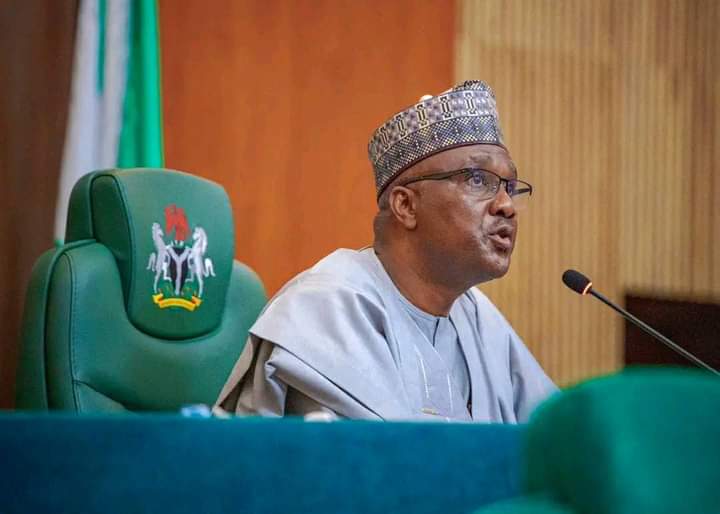Speake of the House of Representatives, Abbas Tajudeen, says the green chamber is yet to take a stand on the Tax Reform Bills.
He stated this in his opening remarks at the interactive session on Tax Reform Bills being held at the National Assembly, Abuja, on Monday.
He, however said, the house would perform its constitutional role of scrutinizing the contents of the bills, affect amendments where necessary.
The bills include the Nigeria Tax Bill, the Nigeria Tax Administration Bill, the Nigeria Revenue Service Establishment Bill, and the Joint Revenue Board Establishment Bill.
The Presidency had sent the bills to parliament last month, but the National Executive Council (NEC) recommended its withdrawal as a result of some controversies.
But President Bola Tinubu refused, saying those who wanted to make contributions could do so during public hearing at the National Assembly.
Speaking on Monday, Abbas said interaction on the bills would help the House navigate the complexities so that members may forward whatever observation or questions they have regarding the bills.
“It is designed to deepen our appreciation of their provisions, commence constructive dialogue on contentious or controversial areas, and build the consensus necessary to produce versions of the bills that align with the interests of the executive, the legislature, sub-national governments, and the Nigerian people. Importantly, this session will help us identify areas needing amendment, clarification, or improvement and consider the compatibility of these bills with the 1999 Constitution (as amended) and other extant laws.
“Tax reforms are a cornerstone of our House Legislative Agenda because of their central role in achieving sustainable economic growth and development. In every modern state, taxes are the bedrock of public revenue, providing the resources required to deliver education, healthcare, infrastructure, and security.
“Yet, Nigeria, despite being Africa’s largest economy, struggles with a tax-to-GDP ratio of just 6 percent—far below the global average and the World Bank’s minimum benchmark of 15 percent for sustainable development. This is a challenge we must address if we are to reduce our reliance on debt financing, ensure fiscal stability, and secure our future as a nation”.
He said Nigeria must approach these reforms bearing on mind their financial implications on each strata of the society, hence the need to come together and scrutinize the provisions.
In his address, the Chairman, Presidential Fiscal Policy and Tax Reforms Committee, Mr Taiwo Oyedele, said Nigeria must do more to address inflation which is now put at 33% high with a high public debt.
He said 97% spent of Nigeria’s revenue was spent on debt servicing in 2020.
He further informed that, Naira lost value in 10 years than the Kenyan Shillings and South African Rand which he said were countries that are not better off in many economic indices, but have more strong policy reforms than Nigeria.
According to him, Nigeria is still running low budgets.




